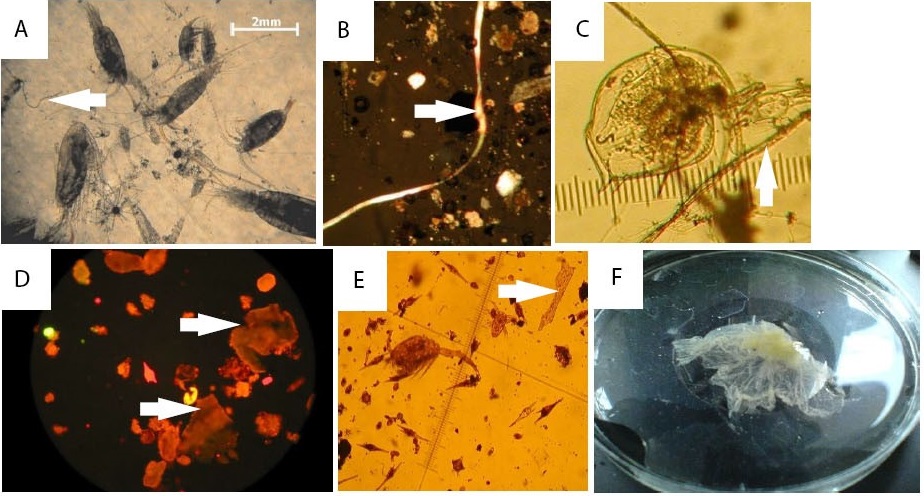AquaBiota has, since recently, an ongoing project on microplastics (MPs) that assesses the toxicity of these particles and their effects on aquatic food webs. Our understanding of the processes governing plastic decomposition/weathering is however scant. Moreover, there are no standardized methods for the identification and quantification of microplastics from environmental samples.
To develop our understanding of microplastics, AquaBiota has been engaged in two new projects on both a national and international level.
The irPlast project (financed by FORMAS) is collaboration between AquaBiota, KTH and Stockholm University. Here we will try to develop cost-effective methods for MP-detection and quanitification using standard monitoring data from sediments and the water column. The results from this study, including practical guidelines, will support and facilitate the implementation of monitoring for Descriptor 10 (Marine Litter) within the Marine Strategy Framework Directive. They will also be efficiently communicated at
national (SEPA, HaV) and international (HELCOM, OSPAR, ICES) levels.
Weather-mic is an EU-project (financed by JPI-Oceans) consisting of partners from Sweden, Norway, Germany and Belgium. The project aims to delineate the processes governing plastic degradation, the rate of degradation, how degradation affects plastic toxicity and ultimately the consequences that this might have on marine food-webs.
Standard zooplankton samples from the marine environmental monitoring. Plastic particles are marked with arrows. Photo: Elena Gorokhova
